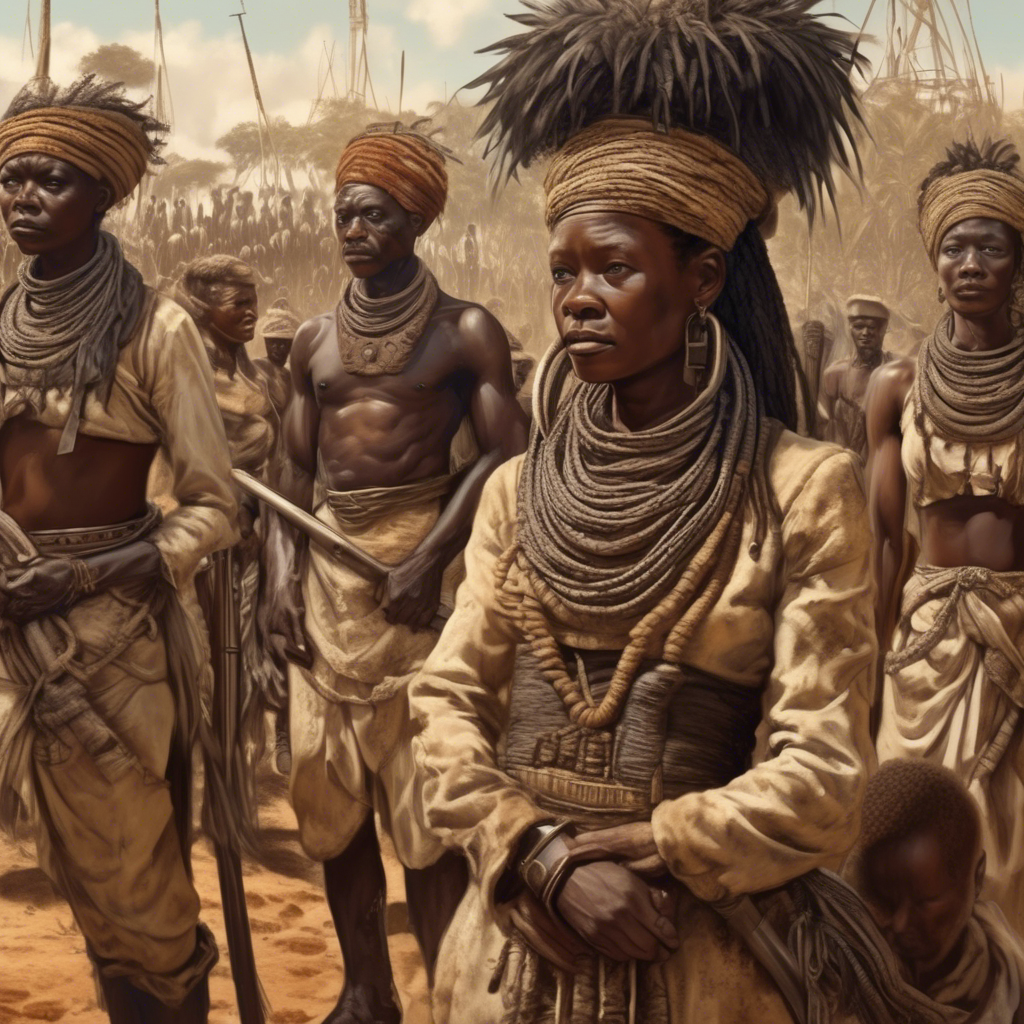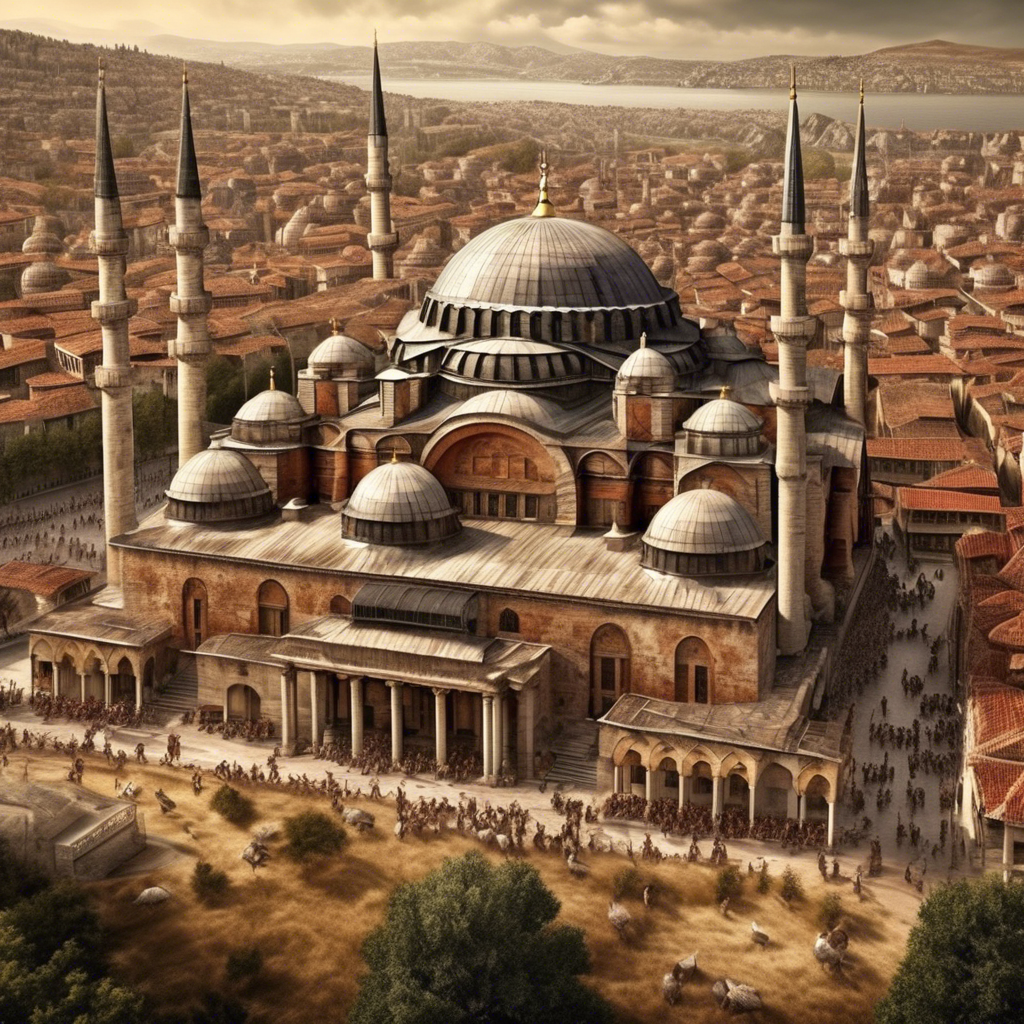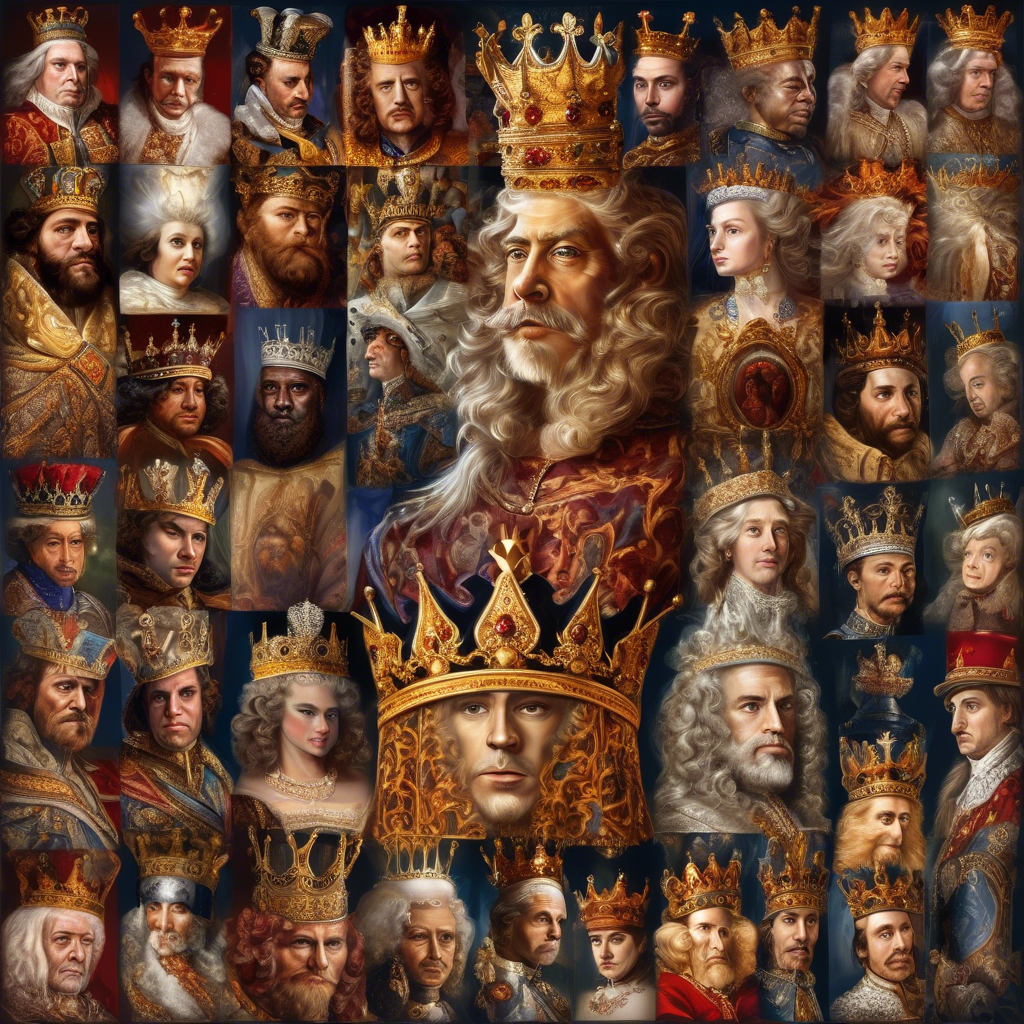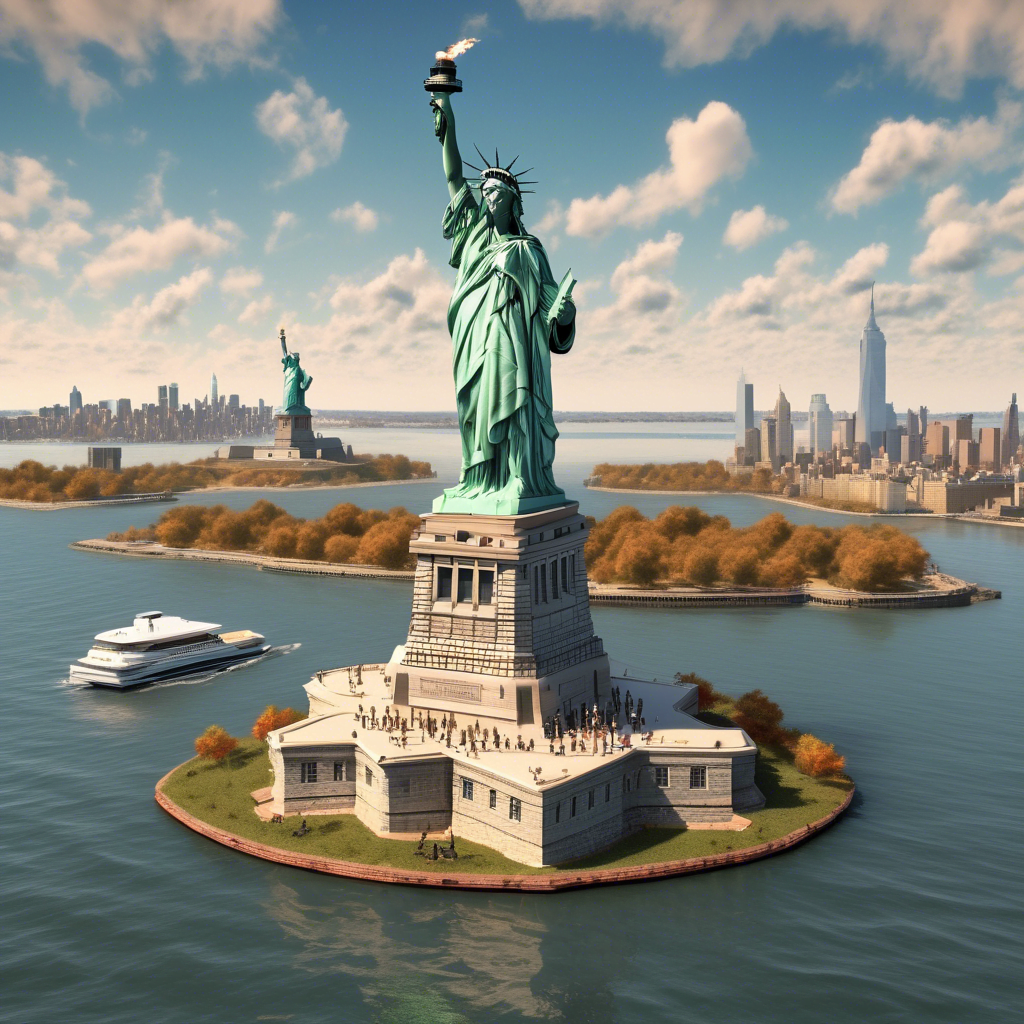
Colonization is a significant chapter in world history that has had a lasting impact on societies across the globe. The exploration and colonization of various regions by European empires during the Age of Discovery in the 15th and 16th centuries paved the way for dramatic shifts in power, culture, and resources. This period of expansion had wide-ranging effects on both the colonizers and the colonized, shaping the course of history for centuries to come.
The history of colonization can be traced back to the earliest civilizations in Mesopotamia, Egypt, and Greece. These ancient empires sought to expand their territories through conquest and trade, establishing colonies in distant lands to secure valuable resources and assert dominance over rival nations. The Roman Empire, in particular, is known for its extensive network of colonies throughout Europe, Africa, and Asia, which helped spread Roman culture, law, and language across the known world.
The era of European colonization began in the late 15th century with the voyages of Christopher Columbus, who reached the Americas in search of a new trade route to Asia. This discovery led to the establishment of Spanish and Portuguese colonies in the Caribbean, Mexico, and South America, where native populations were subjected to exploitation, slavery, and disease. The Spanish conquistadors, such as Hernan Cortes and Francisco Pizarro, conquered vast empires and amassed great wealth through the plunder of indigenous civilizations like the Aztecs and the Incas.
The colonization of the Americas was followed by the exploration and conquest of Africa and Asia, as European powers like England, France, and the Netherlands sought to expand their empires and control key trade routes. The Scramble for Africa in the late 19th century saw European nations carve up the continent into territories and exploit its resources for economic gain. The colonization of Asia, particularly India and China, also brought significant changes to local cultures and economies, as Western powers imposed their own systems of government and commerce.
The impact of colonization on the people of the colonized regions was profound and far-reaching. Indigenous populations were often treated as inferior races and subjected to harsh labor conditions, forced relocation, and cultural assimilation. The introduction of European diseases like smallpox, measles, and influenza decimated native populations, leading to widespread death and suffering. The imposition of colonial laws and restrictions on traditional customs and beliefs further eroded the social fabric of many societies.
However, it is important to note that colonization was not just a story of oppression and exploitation. It also brought new technologies, ideas, and products to the colonized regions, transforming their economies and societies in ways that were often complex and contradictory. The introduction of modern infrastructure like railways, ports, and telegraph lines facilitated the exchange of goods and information, while the spread of education and healthcare improved living standards for some groups.
The legacy of colonization continues to shape the world today, as former colonies struggle with the lingering effects of imperialism and seek to reclaim their cultural identity and political sovereignty. Decolonization movements in Africa, Asia, and the Middle East have challenged the domination of Western powers and paved the way for the emergence of independent nations that are still grappling with the legacy of colonialism.
In conclusion, the history of colonization is a complex and multifaceted narrative that has left an indelible mark on the world. The discovery and conquest of new lands by European empires have reshaped societies, economies, and cultures in ways that continue to reverberate today. The impact of colonization on human and animal life, governments, and the environment cannot be overstated, as it has fundamentally altered the course of history and shaped the global landscape in profound ways. The story of colonization is a cautionary tale of power, greed, and ambition that serves as a reminder of the importance of respecting diversity, autonomy, and equality in our ever-changing world.




Leave a Reply